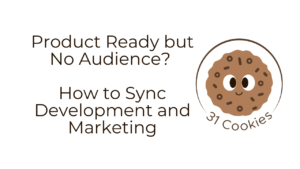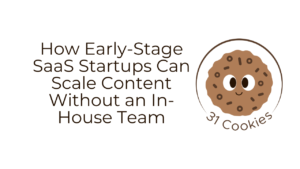Keyword research, if done right, can turn your SaaS website from ‘just another page on the web’ to a lead-generating powerhouse.
While every business is vying for attention, standing out is non-negotiable. You need more than basic keywords; you need the perfect terms that get your ideal customers clicking.
So, let’s get down to the nitty-gritty of keyword research that’s going to bring your SaaS company the attention—and the revenue—it deserves.
What is Keyword Research
Keyword research is the process of identifying what your potential customers are typing into search engines when they’re looking for solutions your SaaS product provides. It’s not just about ranking high on Google; it’s about understanding what your audience wants, solving their problems, and drawing them to your site.
Sure, you could just target your branded terms like ‘Mailchimp features’ or ‘Mailchimp vs. SendX.’
But your audience isn’t always searching for you directly. They’re asking questions like ‘What is email automation?’ or ‘Best email automation tools.’ That’s where keyword research helps you create content that answers those queries and leads users straight into your conversion funnel.
Must-know SEO lingo for SaaS businesses
- Long-tail keywords: Specific, multi-word phrases with lower search volume but higher intent. Example: ‘CRM software for small businesses.’ These keywords often result in better conversion rates due to their targeted nature.
- Low-competitive keywords: Keywords with low competition in search engine rankings, making them easier to rank for. SaaS companies can use these to gain visibility quickly while building authority in niche markets.
- Seed keywords: Broad, high-level terms that form the foundation of your keyword research. Example: ‘project management software’.
- Keyword difficulty: A metric that estimates how hard it is to rank for a specific keyword. In SaaS, targeting low- to medium-difficulty keywords is often more practical for early-stage growth.
- Evergreen keywords: Keywords that consistently remain relevant over time, such as “project management best practices.” These are essential for long-term content strategies.
- Search volume: The average number of searches a keyword receives in a given period. SaaS companies should balance targeting high-volume and niche keywords to maximize ROI.
Understanding user intent
Now here’s the deal. Some people are just browsing, some are comparing products, and others are ready to buy. Understanding the ‘Why’ behind a search query is key to creating content that resonates. This is called user intent, and it’s broken into four main types:
- Informational: These searchers are curious—they want answers, explanations, or insights. Think ‘how to improve customer retention’ or ‘what is CRM software’.
- Navigational: These folks know what they’re looking for—they’re typing your brand or product name into the search bar. Make sure your site shows up, or you risk losing them to a competitor.
- Commercial: These users are weighing their options. They’re hunting for ‘best project management tools’ or “alternatives to ChatGPT.’ Your job is to show them why you’re the right choice.
- Transactional: These are your goldmine—they’re ready to buy, subscribe, or sign up. Searches like ‘free trial for Asana’ or ‘pricing for Slack’ signal they’re close to converting.
Aligning content with search intent
Once you’ve nailed down the intent, your content needs to match. When your content matches their search goals, you’re not just ranking—you’re converting.
For informational intent, create blog posts, FAQs, or guides. For commercial intent, comparison pages and case studies work wonders. For transactional intent, go for clear CTAs and easy-to-navigate pricing pages.
The key is to guide users through their journey—from learning about their problem to choosing your SaaS solution. And yes, sprinkle those keywords across your site, ads, and emails. Just don’t overdo it—nobody likes keyword stuffing.
Why Keyword Research Is Essential for SaaS Companies
Keyword research isn’t just about finding search terms—it’s about uncovering what your audience truly wants and creating a strategy that meets their needs. Here’s how it makes a difference:
- Connects you to customer needs: Helps you understand the problems, desires, and language of your target audience, making it easier to craft content and solutions they genuinely care about.
- Drives targeted traffic: Attracts visitors who are already interested in what you offer by ranking for keywords your audience is actively searching for.
- Increases conversions: Targeted traffic leads to higher-quality leads, increasing the chances of conversions and turning visitors into customers.
- Informs your content strategy: Identifies topics that resonate with your audience, like ‘email marketing campaigns’ or ‘how to automate workflows,’ which you can expand into blogs, guides, and even repurpose for social media.
- Removes guesswork from SEO: Ensures your on-page optimization, like meta descriptions and headers, is based on data rather than assumptions.
- Tracks SEO ROI: Helps measure the success of your SEO efforts by tracking how many relevant keywords your content is ranking for.
- Refines product messaging: Shows how customers describe their pain points, helping you fine-tune your product positioning and marketing language.
- Informs product development: Provides insights into customer challenges, which can guide feature updates or new offerings.
10 SaaS Keyword Research Method That Works
Effective keyword research is key to driving qualified traffic to your SaaS website. Here are 10 methods to identify and prioritize the right keywords for your business.
1. Understand your target audience
Get to know your ideal customers—their needs, challenges, goals, and the language they use. Use customer personas and surveys to get in-depth insights. The more you understand their mindset, the more relevant your keywords will be.
2. Leverage competitor analysis
Analyze what keywords your competitors are ranking for. Tools like Ahrefs or SEMrush can show you their top-performing keywords and content. Identify gaps in their strategy to find opportunities where your SaaS can shine.
3. Use keyword research tools
No guesswork allowed—tools like Google Keyword Planner, Ubersuggest, or Moz can help you discover high-volume, low-competition keywords. Pair these with long-tail keywords specific to your SaaS product for maximum impact.
4. Explore niche-specific topics
Don’t just focus on broad industry terms. Look for hyper-relevant keywords specific to your SaaS niche. For instance, instead of just ‘project management software,’ target ‘best tools for remote team collaboration’ if that aligns with your offering.
5. Analyze user intent
Classify keywords by intent—informational, navigational, commercial, or transactional. This ensures your content aligns perfectly with what the user wants at each stage of the funnel.
6. Mine your existing data
Check your Google Search Console, CRM, or website analytics to see which keywords already bring in traffic. Expand on those with related long-tail keywords and content updates.
7. Check SaaS forums and communities
Explore platforms like Reddit, Quora, and industry-specific forums.
What questions are people asking? Use these discussions to uncover new keyword opportunities for your blog, FAQs, or product pages.
8. Monitor trends
Stay ahead of the curve by tracking trending keywords and topics in your industry. Use tools like Google Trends or Exploding Topics to identify emerging interests and create content that capitalizes on those trends.
9. Perform content gap analysis with topic clustering
Map out clusters of related keywords around a central topic.
For example, if your SaaS focuses on email automation, your cluster might include ‘best email tools,’ ‘how to automate email campaigns,’ and ‘email marketing strategies.’
Identify gaps where your competitors have content but you don’t, and fill them with high-value pieces.
10. Incorporate localization
If your SaaS serves specific regions or countries, include location-based keywords like ‘CRM software for UK startups’ or ‘best team collaboration tools in Canada.’ This approach makes your content more relevant to local audiences.
Common mistakes and how to avoid them
Here’s are some common mistakes in SaaS keyword research and practical solutions to fix them:
1. Ignoring search intent
Search intent dictates the type of content users expect. Match your content to intent. Informational queries need articles; transactional queries need sales pages. For example, for ‘best winter perfumes,’ create a listicle linking to purchase pages, as SERPs show informational intent
- Avoid confusion between navigational and generic terms, e.g., “Boots” (a UK brand vs. footwear)
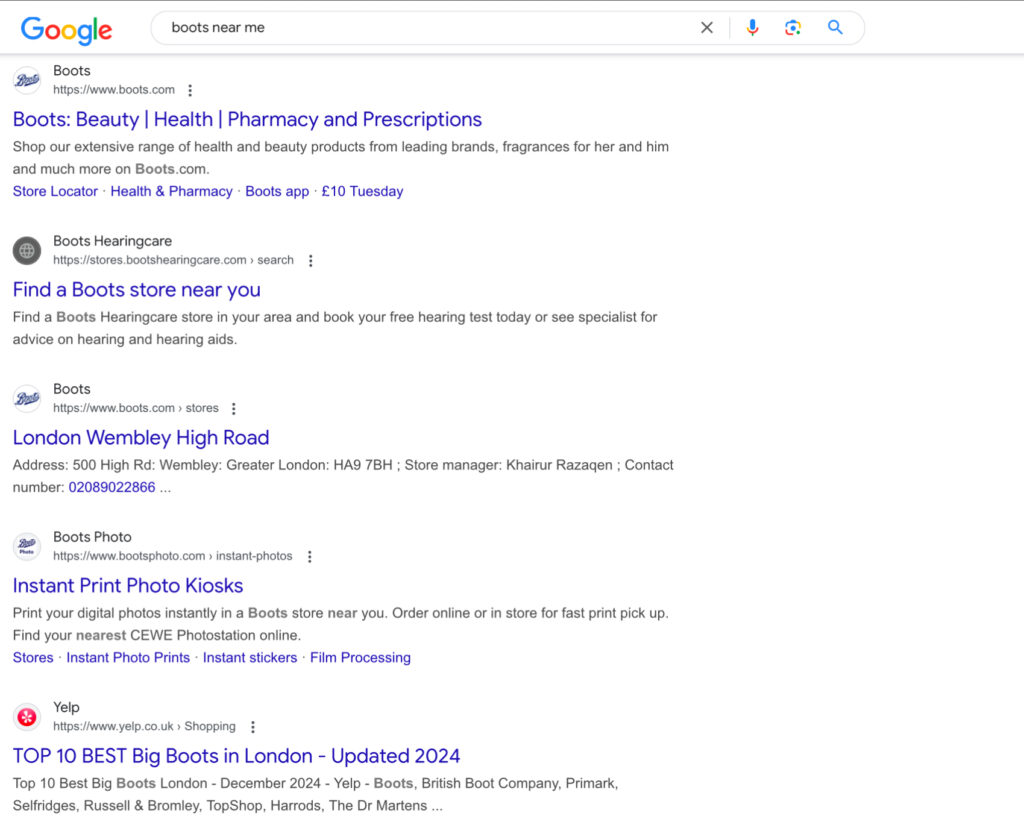
2. Blindly relying on Keyword Difficulty (KD)
Keyword Difficulty (KD) alone doesn’t guarantee ranking success.
- Analyze SERPs to assess competitors’ authority and content quality, not just KD scores.
- Use tools like LowFruits to identify weak domains for potential opportunities.
3. Focusing solely on high-volume keywords
High-volume keywords are competitive and often irrelevant to smaller sites. Prioritize long-tail keywords with lower competition and higher specificity, like ‘best project management tools for freelancers.’
4. Overlooking revenue-driven keywords
Focusing only on informational keywords misses revenue opportunities. Balance content by targeting commercial investigation (e.g., CRM software comparison) and transactional (e.g., buy CRM software) keywords.
5. Keyword cannibalization
Targeting similar keywords with multiple pages leads to competition within your site. When two pages target the same keyword, they compete in search results, causing both to rank lower. This keyword cannibalization confuses search engines.
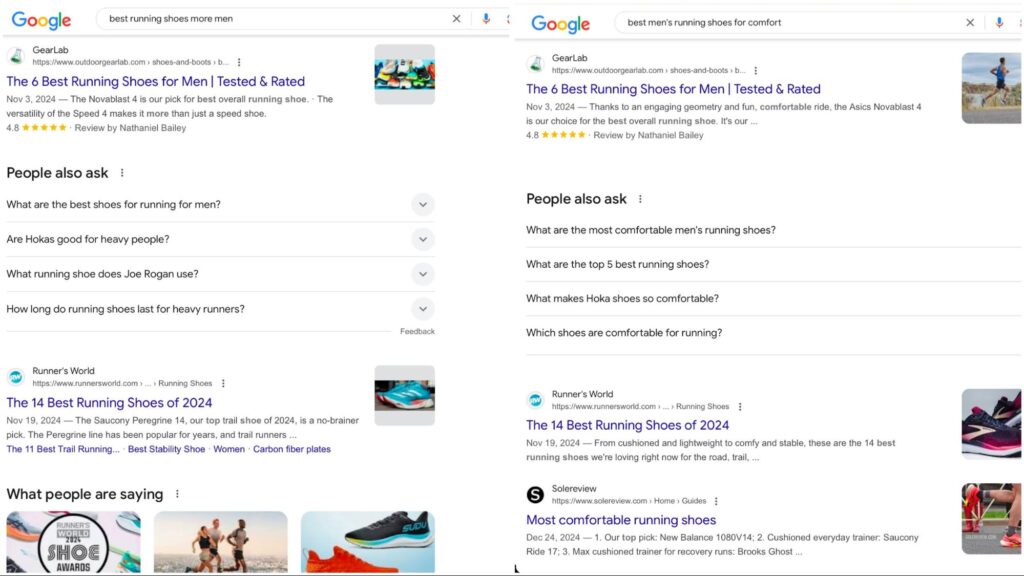
To fix it, consolidate content or use unique, specific keywords for each page.
6. Missing crucial seed keywords
Different users phrase searches differently (e.g., ‘perfume’ vs. ‘fragrance’). Create a seed keyword list capturing these variations to avoid missing valuable opportunities.
7. Ignoring secondary keywords
Relying only on the main keyword limits topical relevance.
Incorporate related terms (e.g., “clean white shoelaces” alongside “how to clean shoelaces”) in subheadings and supporting content.
8. Confusing business and SERP competitors
Your industry competitors might not be competing with you in SERPs. For instance, Netflix competes with IMDb, Rotten Tomatoes, or YouTube for queries like “best shows to watch” rather than Disney+ directly.
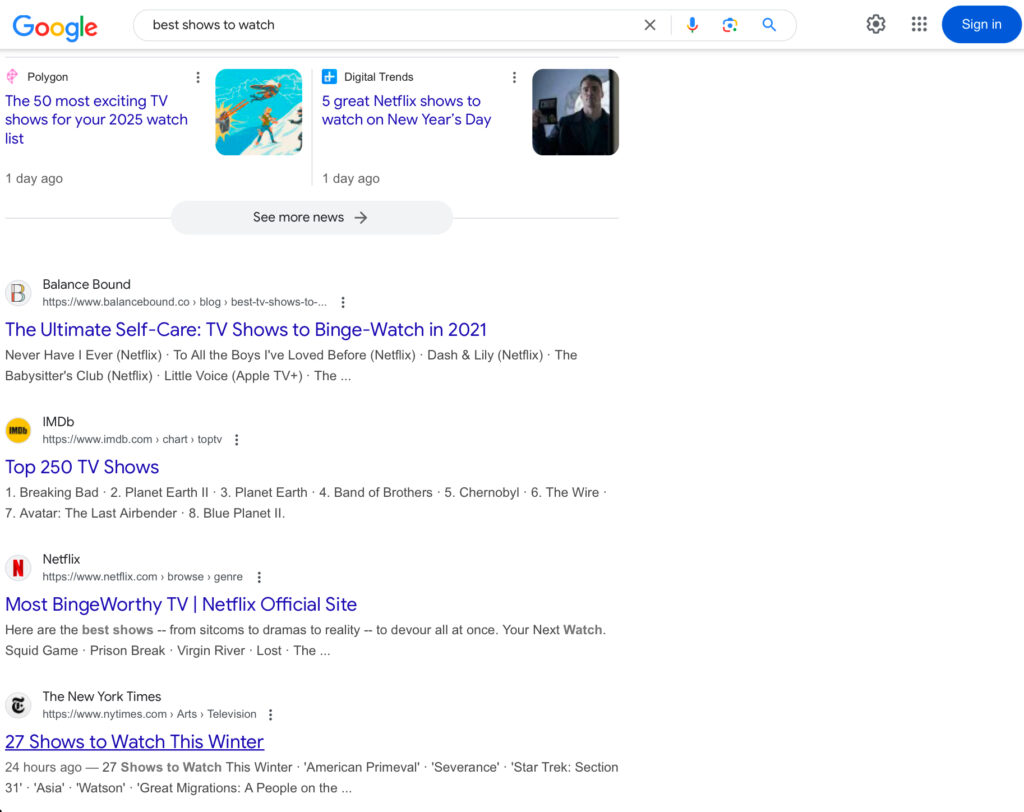
Focus on SERP competitors who rank for your target keywords.
9. Missing optimization opportunities
Keyword research isn’t just for new content.
Use tools like Google Search Console to identify underperforming keywords and optimize existing content with:
- New sections
- Refined titles and meta descriptions
- Improved subheadings (H structures)
10. Overlooking localization
Regional language variations affect keyword relevance. Adapt keywords to local terminology, e.g., ‘soccer shoes’ for the US vs. ‘football boots’ for the UK.
SaaS SEO Case Study of HOTH
The HOTH, a SaaS company with high-value contracts, struggled to grow organic traffic, despite having quality content and some first-page rankings. With PPC costs hitting $130 per click, even a small boost in organic visibility could make a big difference to their revenue.
The HOTH stepped in with a clear SEO plan focused on:
- Keyword research
- Content optimization
- Link building
In just two months, keyword rankings saw a sharp increase, and estimated monthly organic traffic value surpassed $10,000.
This case shows how strategic keyword targeting and consistent link-building can dramatically improve a SaaS company’s visibility and revenue. Combining strong content with authority-building efforts is key to long-term success.
Make Your Way to the Top with the Right Keywords
For SaaS companies, keyword research is about more than chasing high-volume terms—it’s about uncovering the exact phrases your potential customers are searching for, filling content gaps, and staying one step ahead of the competition.
Use actionable strategies to drive more traffic, engage your users, and convert them into loyal customers.
Start refining your keyword strategy today and watch your traffic—and revenue—break all the records.





